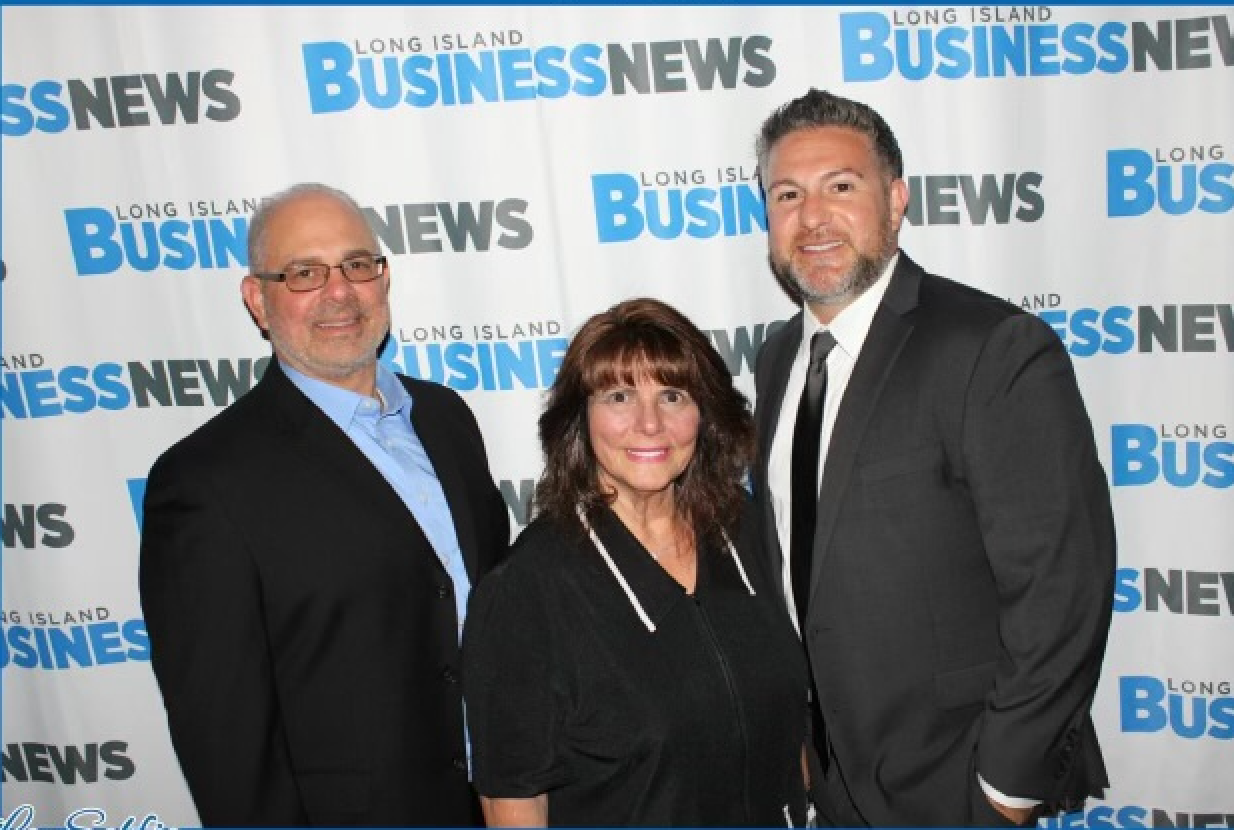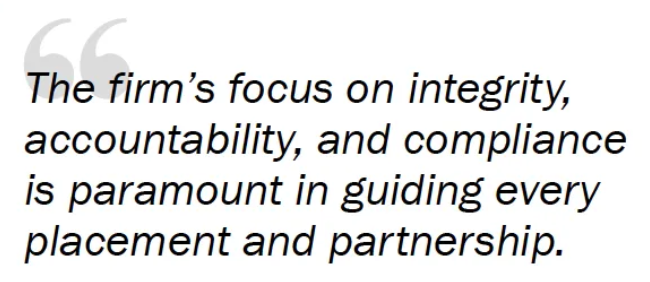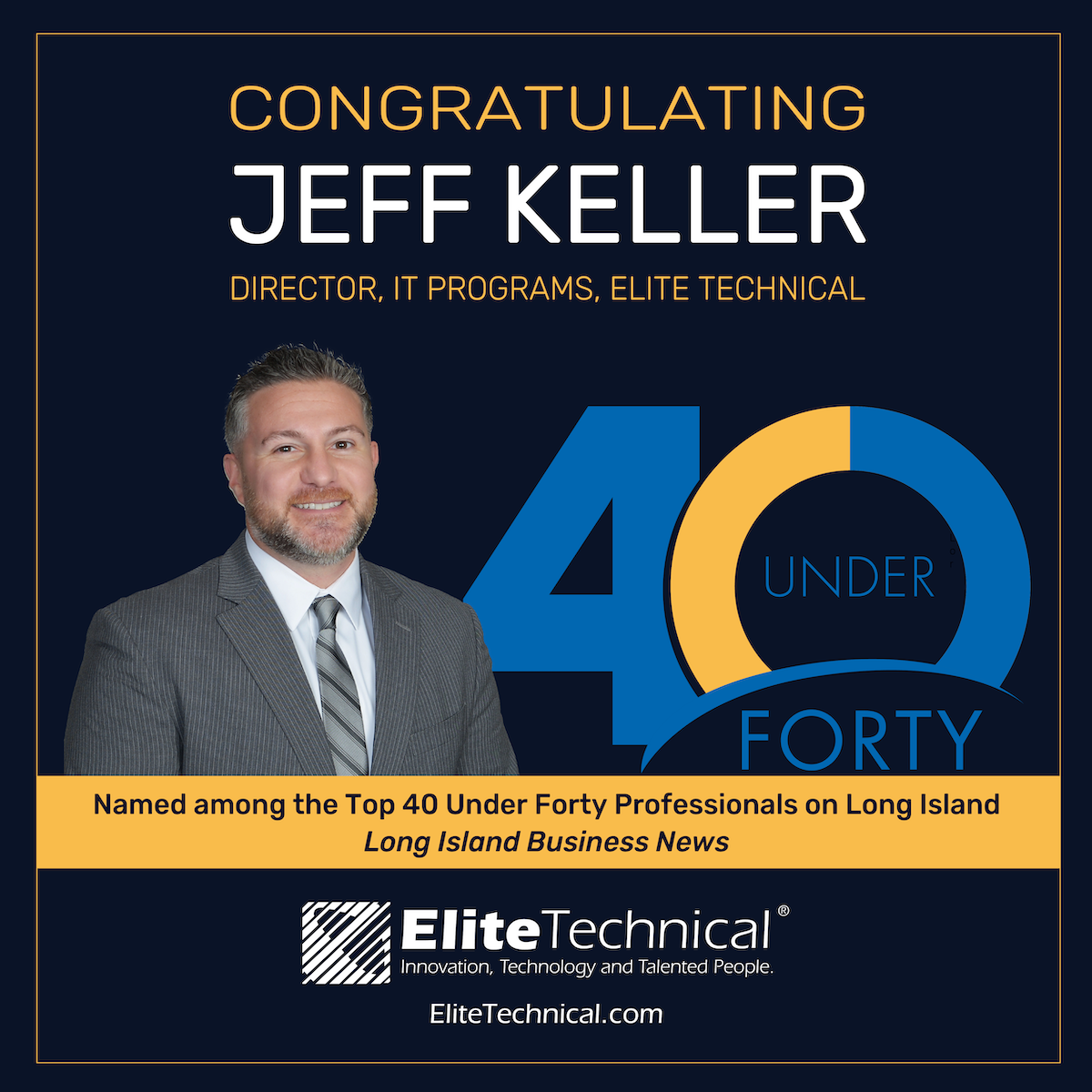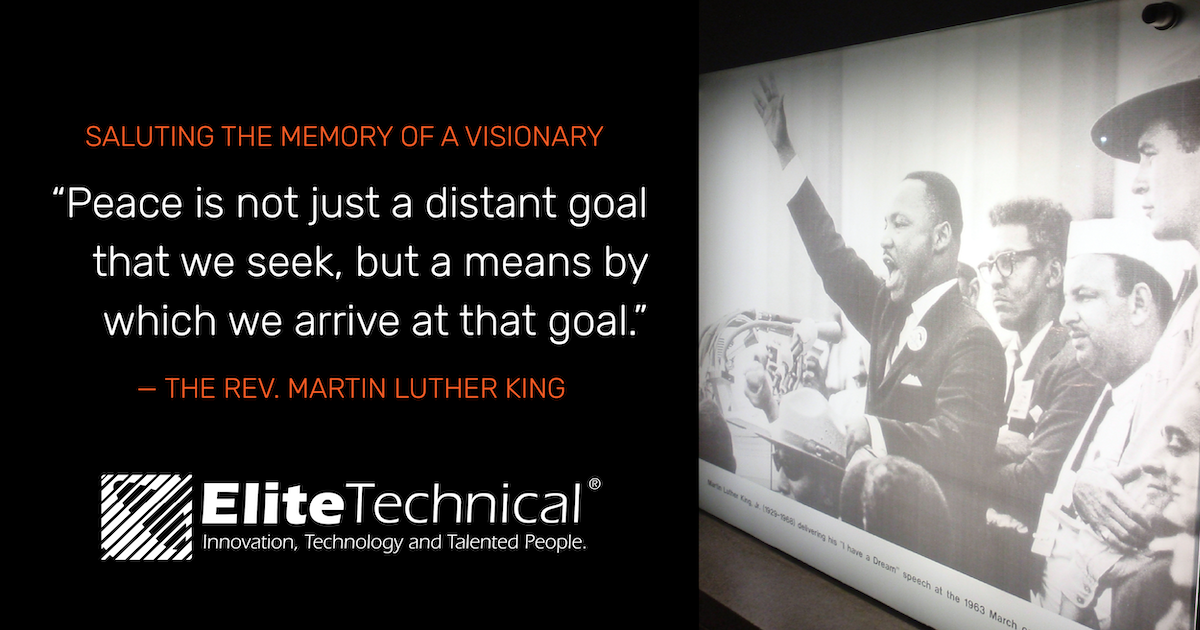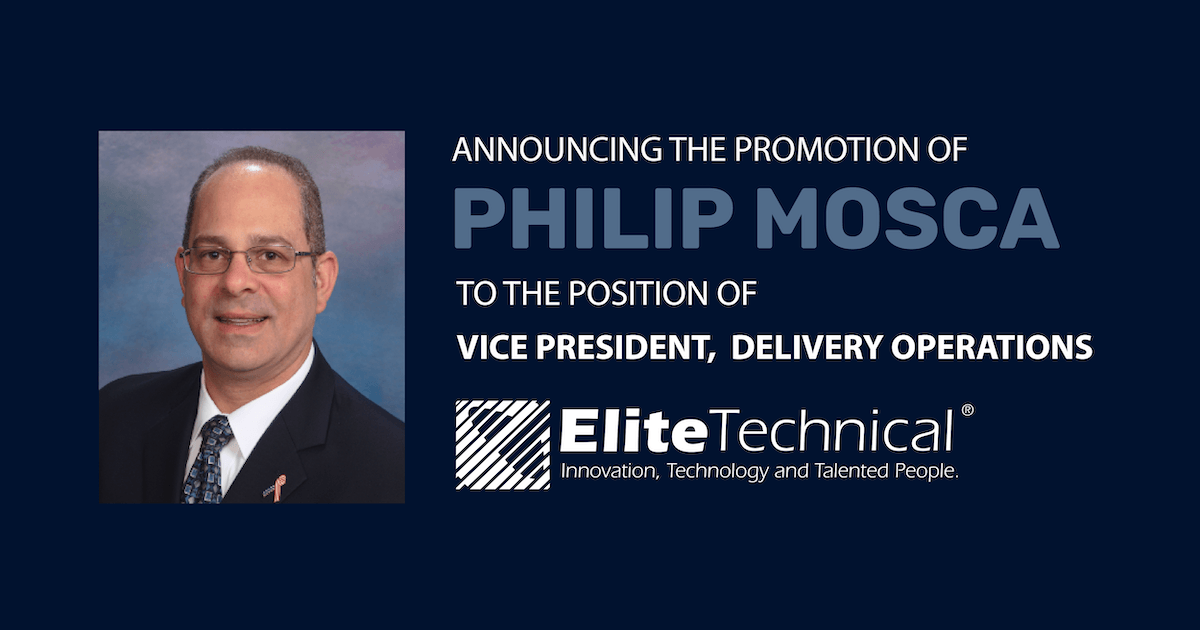Interview Strategy for Clinching the Job

Advice from Senior Technical Recruiter John Keller
Winning the job requires careful interview prep. And that includes the ability to build trust so conversations flow toward mutual understanding and respect.
“When you really connect with your interviewer(s), good things happen,” said Elite Technical Senior Technical Recruiter John Keller, whose goal is to guide talented candidates to great companies, successful interviews, and solid job offers.
Ready to connect?
Here’s how:
Before Your Interview:
- Mentally step yourself into the interviewer’s shoes for a moment. Imagine what they will be seeing, hearing, or feeling when interacting with you. Look to exceed the interviewer’s expectations on how prepared, professional, polite, and friendly you are throughout the interview.
- Prepare to give the hiring manager specific evidence to show you are the best, the only, and the most logical choice to deliver the results they need. Arm yourself with at least 3 – 5 concrete examples of successes you personally delivered or helped create in significant (not peripheral) ways. Be ready to discuss your experience in detail.
TIP – The Wheelbarrow Test
When choosing examples of your contributions, describe your accomplishments so concretely that they appear as items real enough to drop into a wheelbarrow. (Think technical designs, images, and specific outcomes, such as time saved and revenue gained.) Speaking concretely will help the hiring manager form a mental picture of the ultimate impact you can deliver. Also include concrete examples of your successes in your resume. - Practice explaining your current and prior roles and the outcomes you’ve delivered. Be specific about how you solved relevant problems. This will give your interviewer valuable insight to how you think. Interviewers will be looking for signs of your insight and judgment as well as your hard and soft skills.
- If you are prone to anxiety during high-stakes conversations, practice slow breathing and other mental activities several times before your interview to calm your thoughts. When calm, your brain is more likely to reach the flow state you need to stay on top of your game.
- Also, choose an affirmation to help you succeed. And keep the positive outcome you want top of mind. Repeat after me: “I am going to wow them with concrete examples of my work and land this job!
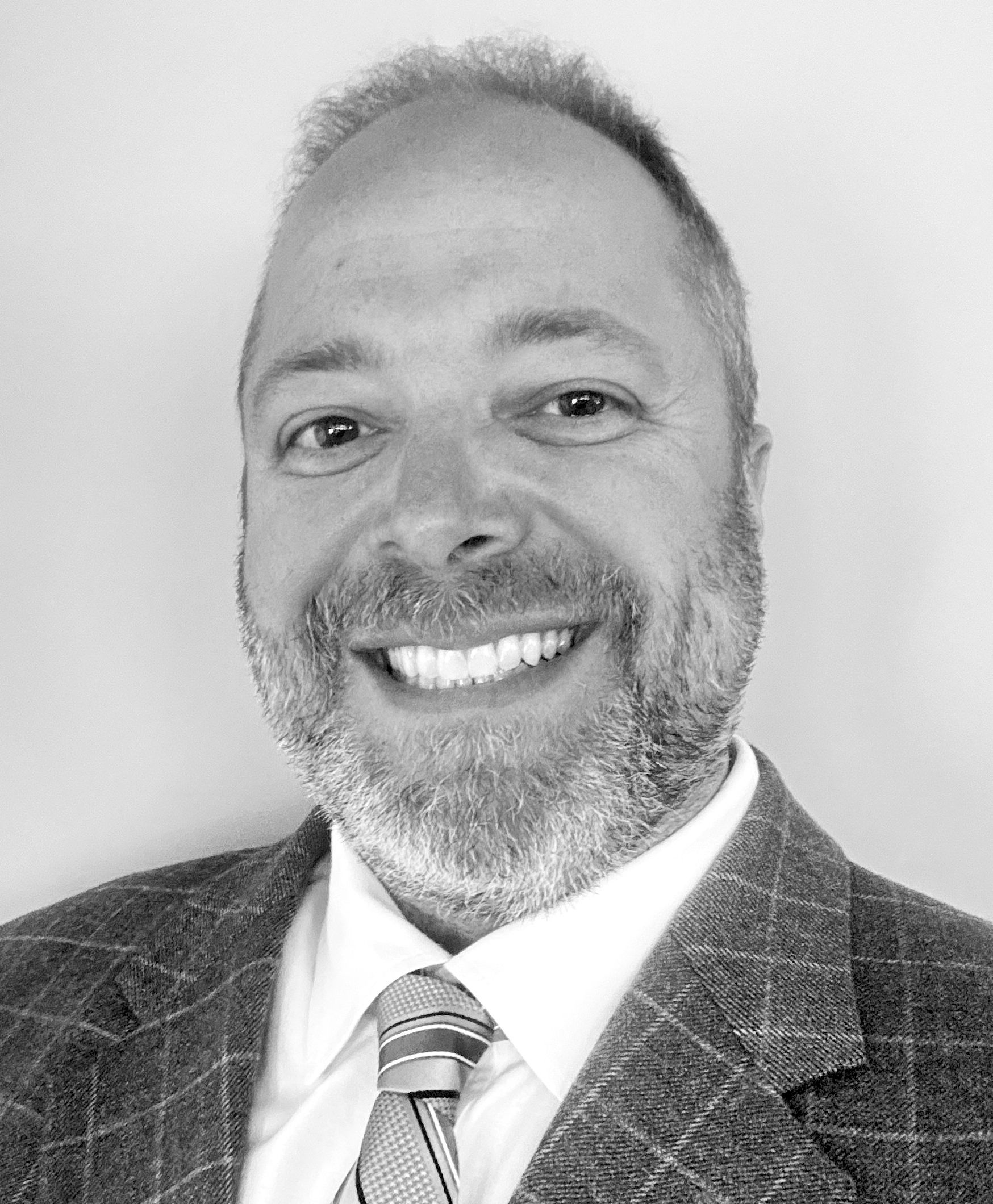
During Your Interview
Tune into your interviewer by watching for subtle body language and vocal cues. Monitor your own tone of voice and body language. If appropriate, mirror the tone of your interviewer(s).
- If invited to tell to tell about yourself, be sure to manage your pacing and not talk too long. "I’ve seen too many candidates waste precious interview time by not realizing that the interviewer already mentally checked out," said John. Interviewers will be watching how you communicate as well as listening to what you have to say.
When speaking, look for signs, such as a head nod, to indicate you are on the right track. Head nodding often means that the interviewer feels his/her needs are understood and you are in good rapport. If you don’t see signs of rapport, consider asking curiosity questions to clarify what’s under discussion. Asking good questions shows that you are listening!
Your questions might include:
How is this going now? What would you like to see happen? What would lead to the outcomes you want to see? Can you tell me more about it? What is most important to you? Would you like to hear my ideas?
Also ask “curiosity questions” to help you understand the interviewer’s state of mind. Curiosity questions may include:
Can you tell me more about that? What else factors into this? What would be the criteria for that? Exactly what would you like to see happen here?
To maintain rapport, summarize the interviewer’s words, where appropriate, to demonstrate your understanding.
Winding Up Your Interview
Asking questions shows interest in what others think and have to say. The answers you get may lead to insight on issues like anticipated needs, results, culture. and growth. Consider the questions (and follow up comments) below, such as:
1. Where do you need the biggest results, fastest? (Reinforce your experience in delivering similar outcomes.)
2. What challenges do you anticipate for the person in this position? (Follow on with your insight to overcoming them.)
3. Is there a specific skill or experience you are looking for that we haven’t discussed? (Briefly focus on relevant skills/experience you missed discussing.)
4. How does this position factor into company growth and objectives? (This can help you determine where your work fits into the overall picture.)
5. What would success in this position look like at the 3-month, 6-month, 12-month marks? (Listen carefully and if relevant, speak to successes you’ve made in those time frames. You can mentally catalog these ahead of time if there’s a need to elaborate.)
6. How will you choose the best candidate? What else would you need to hear from me to be sure I check all your boxes? (This may be your best clue to whether you are a contender.)
7. What is the growth potential for this role? (This open-ended question might elicit information on career track, performance reviews, etc.)
8. What do your compensation and benefits packages look like? (Will it align with your needs?)
9. What is most important for me to know about the company and team culture here? (Are you a great fit?)
Finally, communicate your serious interest in the job. Ask about the decision timeline and next steps.
Then, follow up with a thank you email and/or a hand-written note.
About John Keller
With 25 years of experience recruiting top IT and Engineering Talent, John Keller’s expertise in prescreening, technical evaluation, and negotiations leads to hundreds of candidate placements every year in a wide range of technical disciplines. John also provides consultative support and assistance to new hires on benefits, policies and employment relations, and 401K.
In his personal life, John is an outdoorsman and football fan, who enjoys family sports outings and resides in Dingman's Ferry, PA, with his wife, Mary, and their two daughters.
Looking for your next great connection? Connect with John Keller on LinkedIn or directly at: jkeller@elitetechnical.com
Or visit the Elite Technical Jobs Board at:
https://www.elitetechnicaljobs.com/




